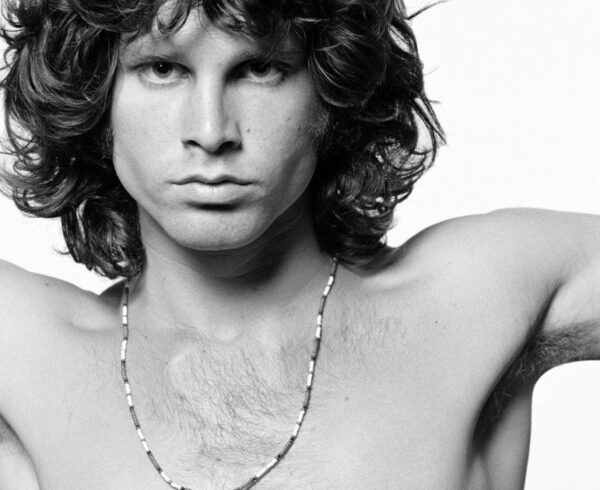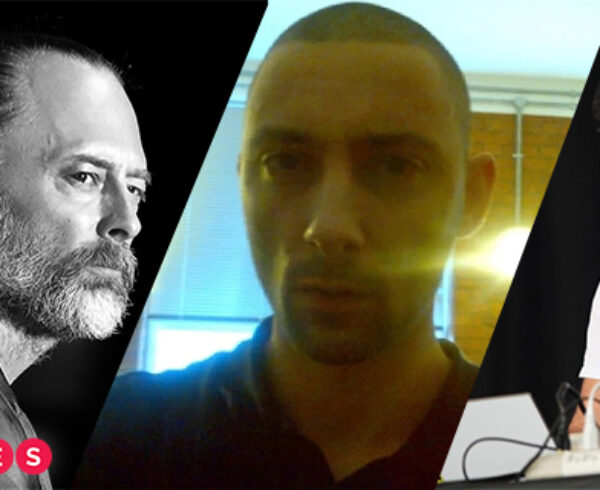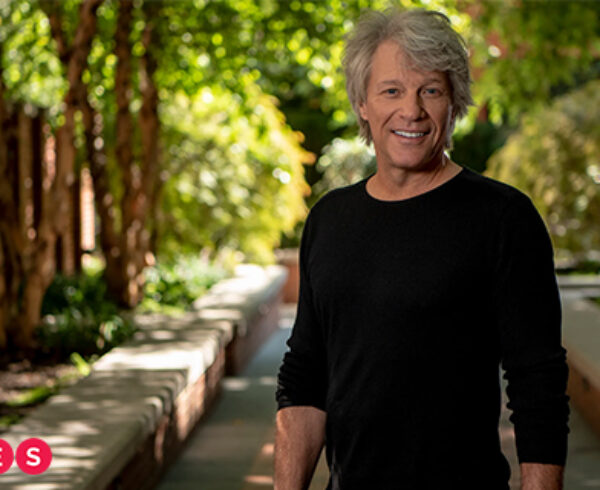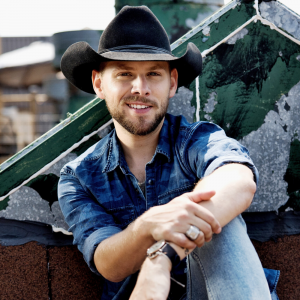What is the nature of occult’s influence on rock and roll? According to the book Season of the Witch: How the Occult Saved Rock and Roll by Peter Berbegal, the occult expanded the language and sound of rock and roll, and was more about theater and fun than the diabolical. It’s a good argument, although not entirely convincing.
While the change in the 1960s and 70s from the Beach Boys’ odes to surfing to Led Zeppelin’s secret symbols seemed abrupt, the occult influence on the music, argues Berbegal, goes back to the Occult Revival of the 19th century and the poet W.B. Yeats and experimental musicians like Erik Satie and Claude Debussy, all of whom were influences on 20th century rock musicians.















